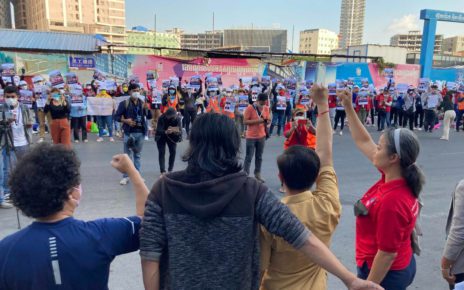
Union Registration Process Rife With Obstacles
In the past 14 months, at least seven factory-level unions have reported obstacles in registering new unions under law.

In the past 14 months, at least seven factory-level unions have reported obstacles in registering new unions under law.
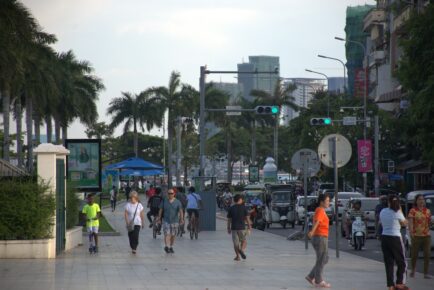
Phnom Penh’s riverside is already rich in community and history. Pedestrianizing it would open up new possibilities for people-led “placemaking,” perhaps with a garden, viewpoints or room for temporary art spaces, writes Future Forum’s Keth Piseth in part three of a campaign for a car-free Sisowath Quay.
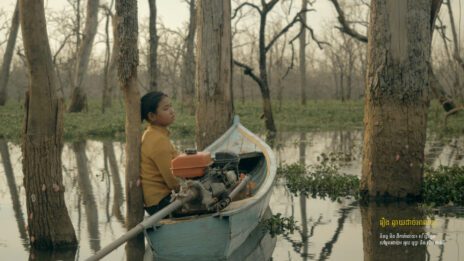
A fictional short film on the eviction of a Bunong village — based on the true story of a Stung Treng hydropower dam project — has collected several international accolades this year. It screens in Cambodia for the first time on Friday.
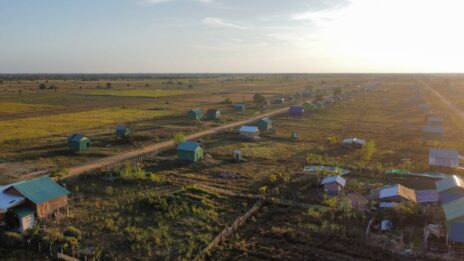
On one side of Kampong Thom province, the government ended a community forest program for a World Bank project village. On the other side, farmers had land taken away to make way for an earlier version of the project.
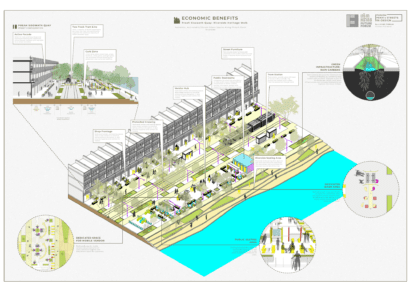
Central pedestrian promenades are icons in cities around the world, drawing visitors and boosting business. In the second piece in a campaign for a car-free Sisowath Quay, Chan Pichmonyka says Phnom Penh’s riverside should be redefined for both visitors and the local economy.
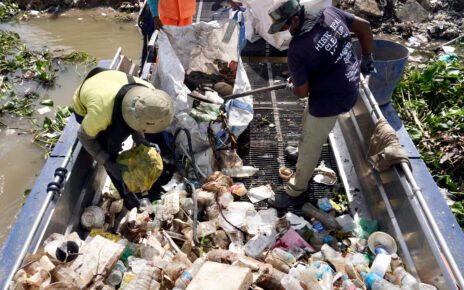
A group of 300 Phnom Penh young people frustrated with trash piling up around the Mekong river are using social media to organize cleanups, while another effort tackles trash by boat.
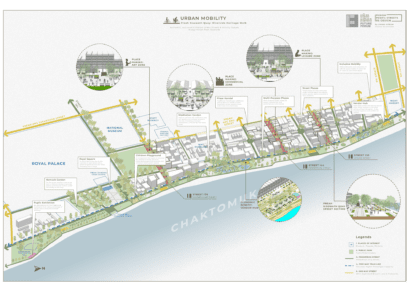
Phnom Penh’s most valuable urban space is dominated by traffic that makes a mess between the riverfront and Royal Palace. In the first of a four-part series campaigning for a car-free Sisowath Quay, Ses Aronsakda highlights the idea’s potential for civic activity and commuters.

In founding the first all-male, gay classical dance company in Cambodia, U.S.-born artist Prumsodun Ok simultaneously preserves traditions and empowers diversity.
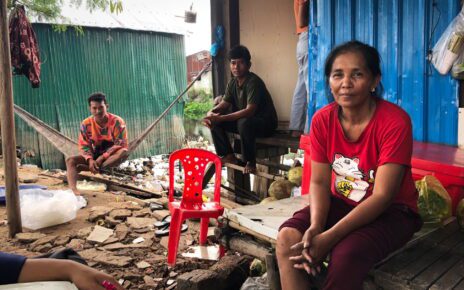
Nearly 100 families living near Takhmao city are facing eviction as authorities pledge to restore the heavily-polluted river running next to their homes in a project linked to a real estate company with connections to the prime minister’s family.
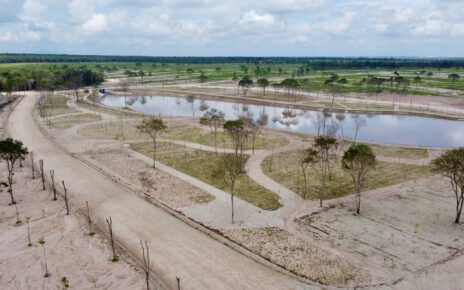
Prime Minister Hun Sen’s bodyguard unit has left the cleared area of Phnom Tamao forest after occupying it for about a month starting in August, seeming to transform a piece of the protected forest into an apparent park after a land giveaway controversy embroiled the area just three months ago.

VOD is an independent media outlet producing radio programs and disseminating information to the public via the Internet.
© 2019 VOD. All Rights Reserved.